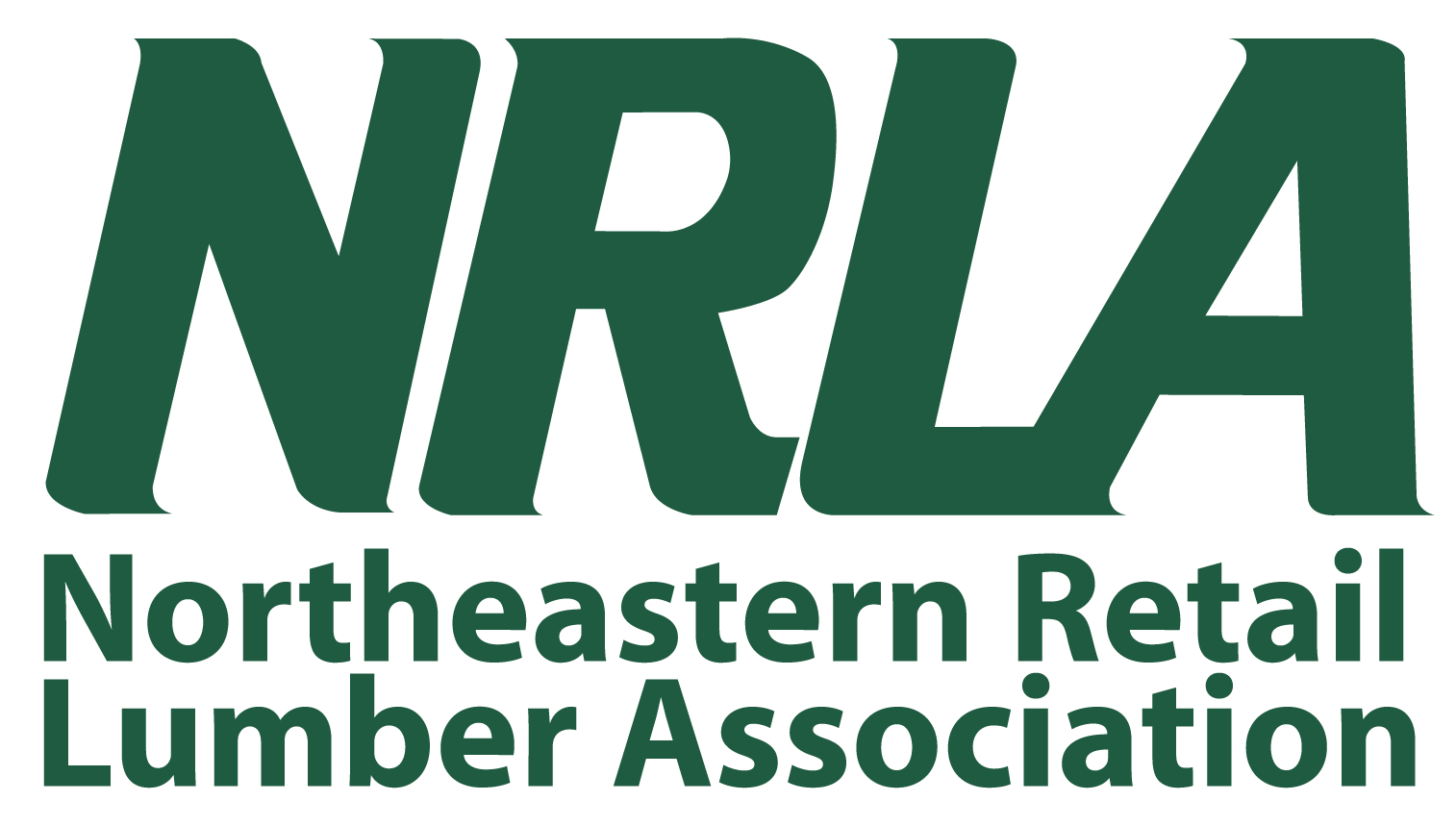The CT General Assembly continues to work toward its May 4th deadline with a variety of issues still left on the table. Here are some key recent legislative developments from March.
Unemployment Compensation
We are keeping a close eye on HB 5003, An Act Concerning the Unemployment Trust Fund. The bipartisan bill, introduced in the Appropriations Committee by House Republican leadership, considers using additional federal pandemic relief funds to address the state’s debt and mitigate the impact of tax hikes and special assessments that employers face later this year. Based on Department of Labor statistics, Connecticut businesses face tax hikes through November 2026 as a result of federal pandemic loans taken out by the state. CBIA estimates that Connecticut employers are responsible for $763 million in federal loan repayments, representing $467 per employee. In response, HB 5003 appropriates an unspecified amount for debt repayment. There are certain to be a lot of negotiations around the number, but we are looking to the legislature to provide some help related to this because, until the debt is satisfied, the business community is going to be seeing increasing unemployment taxes. We have asked the Appropriations committee for $150 million and are hopeful the appropriation will be close to that sum.
Gas Sales Tax Holiday
With the state budget surplus hitting record-breaking levels, the legislature voted unanimously to suspend a 25-cent-per-gallon state gasoline tax from April 1 to June 30. On March 24, Governor Lamont ratified the emergency legislation. Unlike other states that have pursued similar legislation (e.g. Maryland and Georgia), Connecticut’s relief plan does not affect the 40.1 cent-per-gallon tax applied to diesel fuel. It also does not address the highway use fee (HUT) that will hit commercial trucks starting January 1, 2023. Though much of the focus this month was on the gasoline tax break, a few lawmakers were pushing to cut the HUT. Senator Cathy Osten (D – Sprague), for instance, held a press conference to advocate for the elimination of the truck tax for those transporting agricultural commodities. Lawmakers already provided an exemption last year for trucks carrying milk because they were concerned about helping the state’s dairy farmers).
Workplace Mandate Bills
Last week, the Labor and Public Employees Committee approved a rash of costly new workplace mandates out of committee—many of which disproportionately impact small businesses. · SB 317: Permits striking employees to collect unemployment benefits after 2 weeks despite the fact that they have not lost their job, nor are they available for work or looking for work as is required of all other workers to collect benefits. · HB 5353: Requires employers in the retail, restaurant or hospitality industries that have 500 or more employees, or where all franchisees collectively have 500 or more employees, to provide 14 days’ notice to employees of their work schedules. Any deviation from that schedule results in financial penalties to the employer. · SB 321: Extends workers’ compensation coverage for post-traumatic stress injuries to all employees. · SB 320: Increases threshold dollar amount used to determine whether unemployment compensation fraud is a misdemeanor or a felony from $500 to $2,000. · SB 314: Requires employers at warehouses employing 100 or more employees to provide information about quotas or work speed requirements to employees and imposes various penalties on employers for violations of OSHA requirements or the failure to provide employees with various requested documents. · SB 312: Expands paid sick leave law to require that every employer provide all employees up to 5 sick days per year. · SB 422: Expands coverage under the fund to essential workers falling in the 1c phase for the COVID-19 vaccination program, and provides up to 80 hours of paid sick leave to all workers who were unable to work because they had to quarantine because of COVID-19 exposure.
Our efforts to address the adverse impacts of these bills and advocate on your behalf persist in these final weeks of session.


